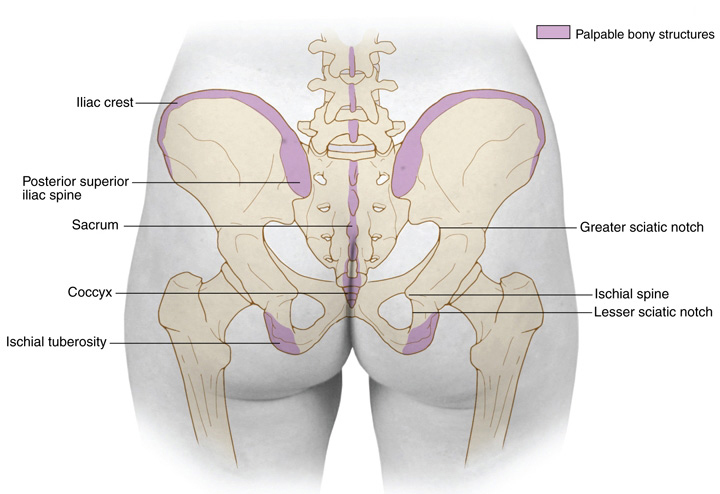Fast forward to early Spring 2018 -- my husband and I found out I was pregnant. I spent most of May and June feeling exhausted and hungover from the “All-Day Sickness” of my first trimester. I found relief (and even energy!) by mid-summer, and gave birth to our sweet boy on a cold and misty December evening. Life in our small house has never been the same!
My positive birth experience was only possible because I felt 100% supported by my husband, doula, and care providers. I was listened to and cared for. My decisions were respected. During my pregnancy I had the means to pay for a childbirth education class, and the privilege of time to read books and listen to a million birth-related podcasts. A few months after having my son, I realized that my empowering experience should not be the exception when it comes to birth stories, rather the norm. Since then, I’ve viewed birthwork as advocacy work.
I believe all birthing persons need an advocate. And support. And someone to help navigate the complexity that is our Western medical system. And someone to say “Yes, what you’re feeling is valid and true and I hear you”. And someone to bring you food and fold your laundry when you’re in the throes of newborn days! I believe doulas are a natural choice for a birth advocate. And I TRULY and STRONGLY believe there should not be any barrier to accessing one. My hope is that in pursuing this work, I can normalize people being supported by a doula during their pregnancy, birth, and postpartum days.
Birth is beautiful and unpredictable. Transitioning into parenthood can be difficult and overwhelming. I am honored to be in the work of supporting your pregnancy, your labor, and your postpartum healing. Cheers to this incredible line of work, and to many more empowering births in our community!











 RSS Feed
RSS Feed

